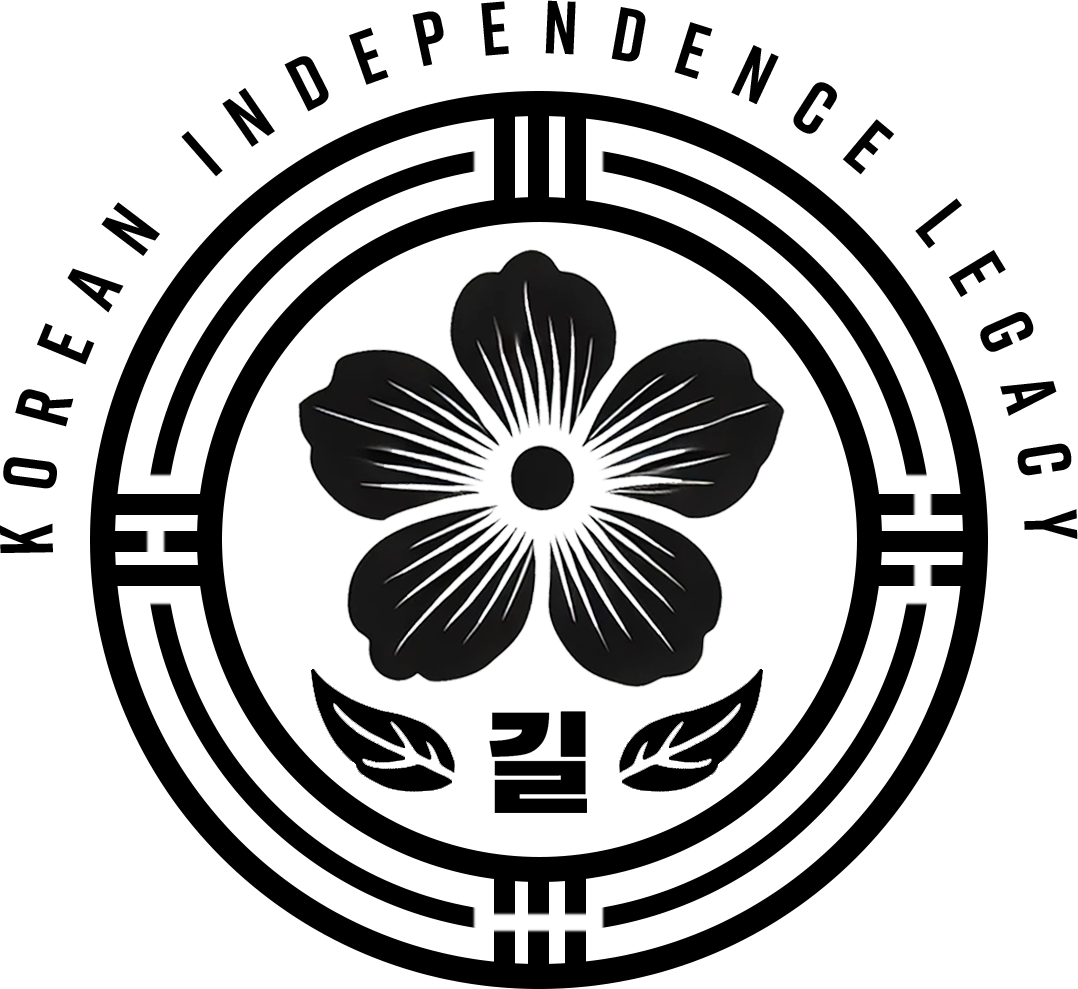William Nung Yick Choy
(최능익 / 崔能益)
He lived quietly, but with courage. A man of faith, humility, and unwavering purpose. Nung Yick Choy (최능익) left Korea in 1916 to serve, to lead, and to lift others in a foreign land. In 1920, he joined the Willows Aviation School in California, training as a pilot to prepare for Korea’s liberation. He didn’t seek recognition, only to do what was right. Honored to share his story and carry forward his legacy.
William Nung Yick Choy (최능익 / 崔能益)
Who He Was: A Life of Faith, Service, and Principle
Nung Yick Choy was born on November 24, 1889, in Seokgok-ri, Seongtae-myeon, Gangseo-gun, Pyeongan Province, as the third of four sons to Choy Kyung-heum and Lee Kyung-soo. He grew up in a Christian household led by a father who was both a man of faith and a respected landowner. That foundation of faith, learning, and social responsibility shaped every chapter of Choy’s life.
After graduating from middle school, Choi studied for three years at a theological seminary. Then, in March 1916, he set sail aboard the China and arrived in the United States, leaving behind his homeland not for escape, but for a mission. He intended to study, grow, and find new ways to serve his people and support Korea’s path to independence.
Life in America: Leadership Rooted in Community and Purpose
Choy quickly became active in Korean immigrant communities, first in Manteca, California, where he served as a church representative and later a preacher. He helped organize Korean-language classes for immigrants, supported fellow students, and became a trusted figure within multiple Korean churches and community groups. He served as secretary, treasurer, legal advisor, and president in various student and regional associations across California, Ohio, and Chicago.
He also worked in farming and business to sustain himself while consistently donating his time and money to Korean causes. His life in the U.S. was not focused on personal gain, rather, he used his freedom and resources to help others and support Korea from afar.
Independence Activities: A Quiet Force for Korea’s Liberation
Choy Nung Yick’s role in Korea’s independence movement was far-reaching, steady, and deeply committed:
Family of Patriots: While Choy lived in the U.S., his older brothers—Choy Neung-chan and Choy Neung-hyun—led a March 1st independence protest in their hometown of Gangseo in 1919. They were arrested and imprisoned, and the family’s property was confiscated by the Japanese. His younger brother, Choy Neung-jin, would later become a high-ranking official in post-liberation Korea.
Student Leadership: In 1919, Choy attended the Korean Student Representative Conference in San Francisco and helped organize a unified student body of Korean youth across America. In April 1920, he was one of the founding delegates of the Korean Student General Assembly held in Willows, California. This group became a foundation for Korean-American activism in the U.S.
Willows Aviation School: In 1920, Choy joined the aviation training program established by Korean Provisional Government military leader No Baek-rin and businessman Kim Jong-rim. Based in Willows, California, the school trained young Korean men in farming by day and military tactics by night, preparing for future resistance. Choy was one of those trainees—taking part in flight training, military drills, and organizing fellow students.
Organizer and Advocate: After the aviation school closed in 1921, Choy remained active in Korean independence causes:
Founded Korean-language schools in Dinuba and organized March 1st memorial events.
Sent financial aid back to Korea to help flood victims and support national university efforts.
Donated to the Korean Provisional Government and other independence-related causes over two decades.
Supporter of Armed Resistance:
In 1937, when Japan launched full-scale war against China, Choy co-founded the Friday Forum in Los Angeles to raise awareness and coordinate anti-Japanese strategies.
In 1938, he co-founded the Korean United China Relief Committee, raising funds and rallying Korean-American support for the Chinese resistance.
Champion of the Korean Volunteer Army:
When the Korean Volunteer Army (Chosun Uiyongdae) formed in China in 1939 under Kim Won-bong and the Korean National Revolutionary Party, Choy helped launch its U.S. support branch in Los Angeles. Despite facing cold treatment from the pro-Rhee Syngman factions in the Korean-American community, Choy passionately advocated for unity and equal support across all anti-Japanese movements.
In 1943, he co-founded the U.S. branch of the Korean National Revolutionary Party, launched its official publication Independence, and pushed for coordination with the Provisional Government.
Diplomatic Engagement:
In 1941, he participated in the Korean National Association’s overseas unification summit in Honolulu, and later worked with the Korean National Coordinating Council to align Korean groups in America.
In 1943, as tensions arose between competing Korean factions in the U.S., Choy attended an emergency representative assembly of 13 Korean organizations (excluding Rhee’s faction) and participated in rebuilding the U.S. Korean Diplomatic Commission to more effectively represent Korea’s voice in international peace talks.
Unwavering Support:
Until Korea’s liberation in 1945, Choy continued to donate to military funds, publish materials, and participate in meetings—always standing by Korea’s independence, even when it meant personal sacrifice or political resistance.
A Legacy of Quiet Greatness
Choy Nung Yick never returned to Korea as a hero. He did not seek praise or power. But those who knew him, and now his descendants, should understand the magnitude of his life. He was a servant leader, a patriot, and a man of quiet strength—whose belief in justice, faith, and freedom never wavered.
In 1995, the South Korean government posthumously awarded him the Order of Merit for National Foundation (Patriotic Medal)—a long-overdue recognition for decades of unseen but powerful devotion to his homeland.
